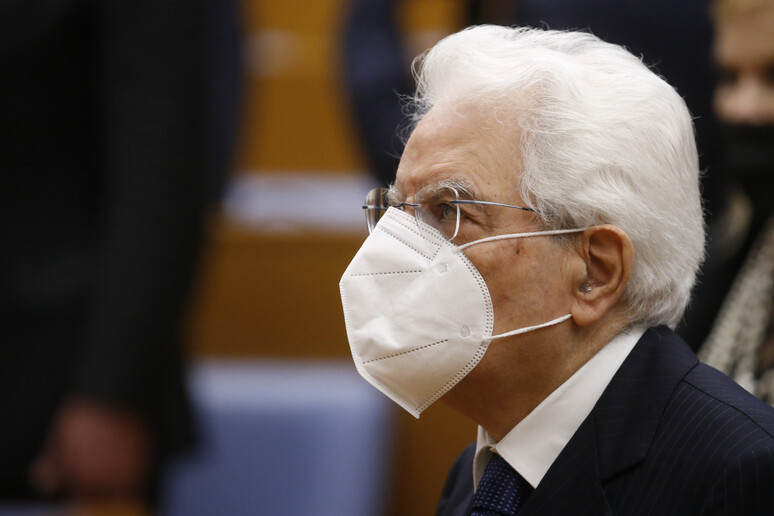President Sergio Mattarella on
Wednesday recalled the horror of the Foibe on Remembrance Day
for the massacre of the thousands of Italians by Tito's
partisans in ethnic cleansing at the end of WWII.
"The horror of the Foibe strikes our consciences," he said.
"The suffering, deaths, uprooting, and exodus forced on tens of
thousands of families in the areas of the eastern border, of
Istria, of Fiume, of the Dalmatian coasts, are inscribed with an
indelible mark," said the head of State.
"The crimes against humanity unleashed in that conflict did not
exhaust themselves with the liberation from Nazi-Fascism, but
continued in their persecution and violence, perpetrated by
another authoritarian regime, the Communist one".
February 10 is the 'National Memorial Day of the Exiles and
Foibe'.
The 'foibe' refers to mass killings mainly in Friuli-Venezia
Giulia , Istria and Dalmatia during and after World War II
against the local Italian population.
Foibe are narrow Carsic pits or gorges into which victims were
thrown, sometimes alive.
As many as 15,000 Italians were tortured or killed by Yugoslav
communists who occupied the Istrian peninsula during the last
two years of the war.
Many of the victims were tossed into the Foibe during
anti-Fascist uprisings in the area and the exact number of
victims of these atrocities is unknown, in part
because Tito's forces destroyed local population records to
cover up their crimes.
Last July Slovenian President Borut Pahor became the first
leader of a former Yugoslav country to mark the Foibe massacres.
Pahor joined Mattarella in laying a wreath at the Basovizza
Foiba, where 2,000 Italian soldiers and civilians are believed
to have died at the hands of the Communist partisans.
Pahor and Mattarella also signed a deal returning the Narodni
Dom or House of the People, torched by Fascists in 1920, to
Trieste's Slovenian community.
Mattarella and Pahor also honoured local author Boris Pahor (no
relation), 107, who has written books that stood witness to the
terrible WWII events.
On Wednesday several centre-right Italian politicians recalled
that the former Italian Communist Party (PCI) played a large
part in airbrushing the Foibe from Italian history, and called
for vigilance to make sure this would nerer happen again.
ALL RIGHTS RESERVED © Copyright ANSA











